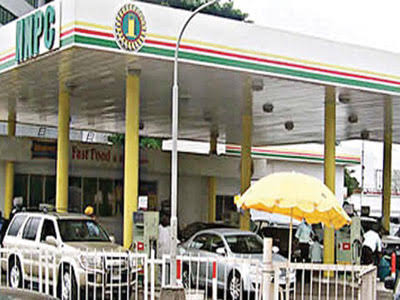By Chidi Ugwu
The Nigerian National Petroleum Company Limited (NNPC) has increased the price of Premium Motor Spirit (PMS), otherwise known as petrol, from N855 per litre to N998 per litre.
The increase in the price of petrol, which came on Wednesday, was noticed at the pumps at all NNPCL depots in Abuja the Federal Capital Territory.
The new development is a 12.7 percent or N113 increase from the initial price.
The increase in the price of petrol, which came on Wednesday, was noticed at the pumps at all NNPCL depots in Abuja.
The new price has been reflected in Abuja as some petrol stations monitored by our correspondent show that the selling price this morning was between N1,050 and N1,100.
Independent reports that the increase in petrol prices by NNPC will significantly impact everyday Nigerians, exacerbating the already high cost of living.
Families, particularly those with lower incomes, will struggle to afford essentials as transportation and food prices surge due to increased fuel costs.
Many may be forced to cut back on basic needs, leading to malnutrition and health issues. Small businesses will likely pass on these costs to consumers, further deepening economic hardship and pushing more people into poverty.
This latest hike marks the second significant price adjustment in recent time, further straining the country’s economic landscape.
Nigeria has struggled with fuel pricing and subsidies for decade with the country’s fuel pricing pricing mechanism being marred by controversy, inefficiencies, and fluctuations in global oil markets.
President Bola Tinubu, had on Monday May 29, 2023, during his inaugural address at Eagle Square, Abuja, shortly after he was sworn in as the 16th President of Nigeria, announced that his administration will remove the subsidy on Petroleum products, proclaiming “Subsidy is gone”.
However, the NNPC has continued to influence prices through its pricing template.
Analyst say “The increase will stoke inflationary pressures and erode consumer purchasing power”.
Madu Linus while reacting to the development said that as Nigerians grapple with the latest price increase, the NNPC and government must prioritize transparency, efficiency, and pro-poor policies to alleviate the economic burden.












